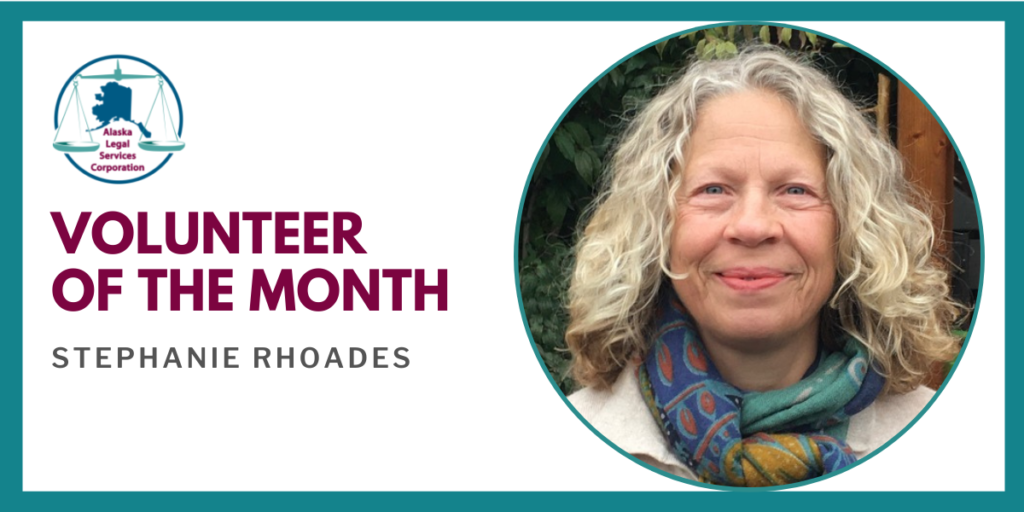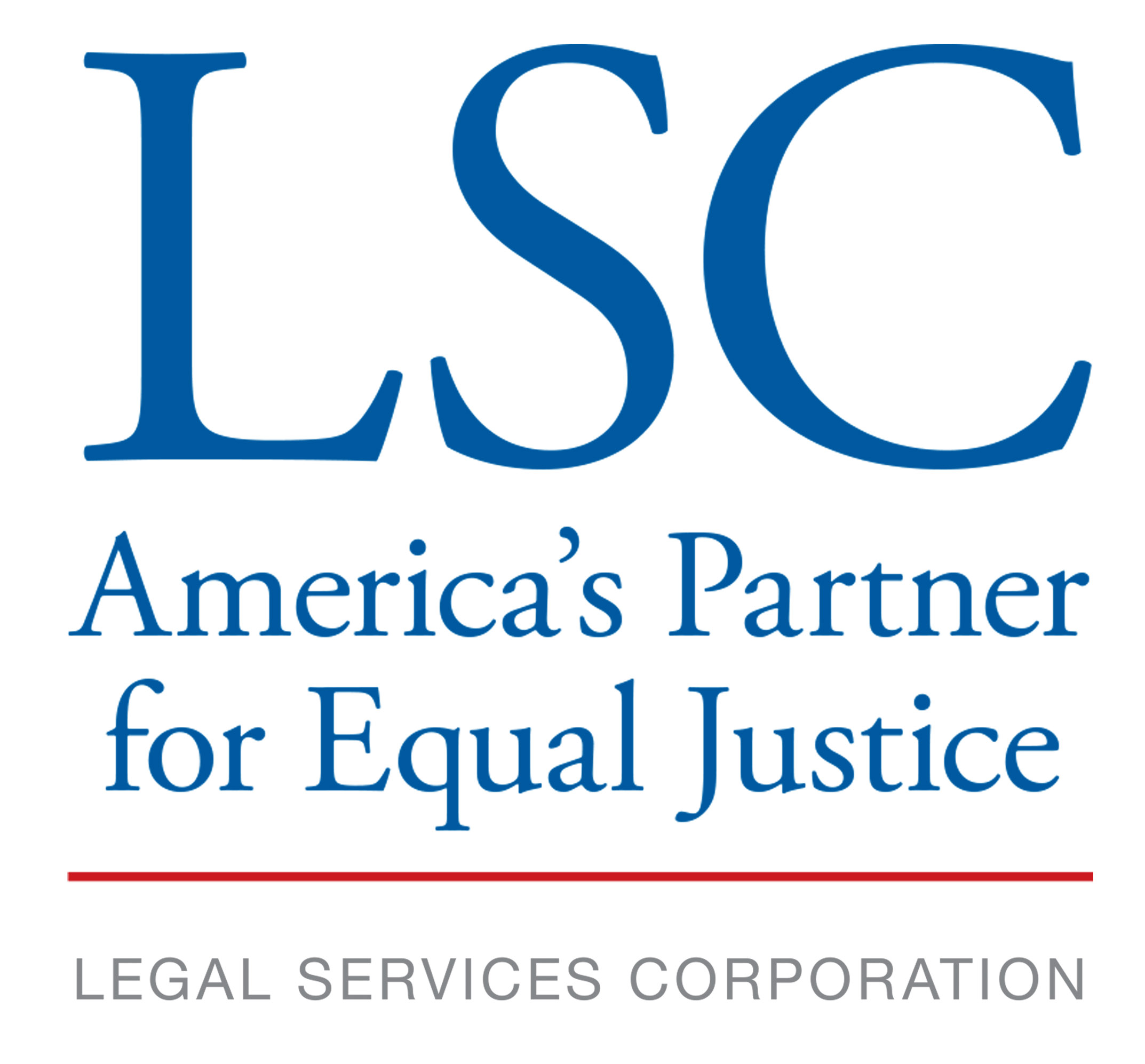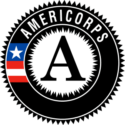
| ALSC is fortunate to have Judge Stephanie Rhoades as a pro bono attorney. Judge Rhoades currently provides one-time consultations to ALSC clients presenting with a wide variety of civil legal matters. Thank you, Stephanie! Why did you choose to volunteer with ALSC? I grew up in poverty and was privileged to be able to work my way through college and law school, with jobs and student loans that are now unaffordable to many. I was an advocate for those who could not effectively navigate systems or afford access to justice starting with special education advocacy for my youngest brother when my mother could not. I worked at Jamaica Plain Legal Services in Boston, MA in the 1980s. It was a cutting edge holistic law practice for indigents. I had many clients with mental health and substance abuse issues whose civil and criminal issues intertwined. Many years later I became a judge in Alaska and started a mental health court to try to address the underlying reasons for those involvements. I retired in 2017 and have done several things since. In the end, returning to providing direct service to people who are often in trouble solely because of their indigence is where I returned. It was the reason I wanted to be an advocate. Without the pressure of making a living, it has always been the most fulfilling work to me and the highest and best use of not just a law degree, but my deep understanding of all the systems and dynamics that reel people into the justice system and make it so hard for them to stay out. Helping people to navigate those systems is in many ways more important to their success than the result in any single legal entanglement. What are some of your experiences at ALSC that have made a positive difference in the lives of others and/or the community? I have primarily performed screening and intake work for ALSC. The vast majority of those cases were resolved by helping the client to understand what the legal issue is that they are facing and how to self navigate their way through it. That kind of education has the reward of seeing the client find their own power to self-advocacy. Helping them to know where to go, what to say and how to say it for the best result generally winds up with a person whose anxiety has been reduced and who has a plan going forward. Listening to the challenge with an ear for what resources the person can access often results in unearthing resources for issues facing the individual that they did not even identify in their application to ALSC but that will be very important to them in the end. Listening to the challenge with an ear for the pain and trauma it is causing and expressing empathy for that goes a long way even in those cases where there is nothing legally that can change the situation. How do you think your experiences with ALSC will benefit you in the future? I have always been a person who believes that from those to whom much has been given, much is expected. Civil legal services have been harshly cut for indigents in America. It will benefit me to know that my education has tremendous benefit when I volunteer it for others even though I have retired from the money-making use of it for myself. What do you do when you are not volunteering with ALSC? After I retired I started a non profit called One2one Mentorship for Justice Involved Women. It is a mentorship program for women in jail and prison reentry. I facilitate two groups weekly for women in reentry, and I have several individual mentees that I help navigate systems to find success in a community that does not generally welcome felons back. I serve on a non-profit Board, I am a Commissioner on the Alaska Criminal Justice Commission and I share daily walks with my husband and two misbehaving dogs. |






